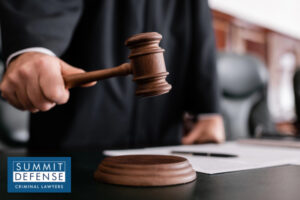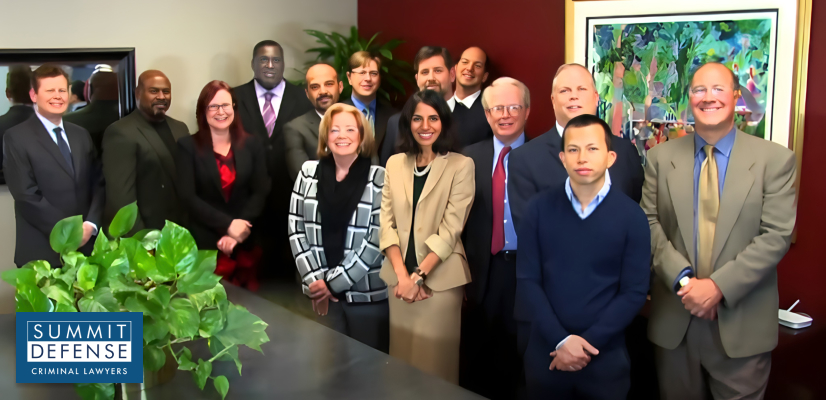Key Court Dates After Arraignment
 Once your arraignment is complete, the court sets a timeline of important dates that move your criminal case forward. These dates are crucial because they help both sides prepare and give the judge a way to track the progress of the case.
Once your arraignment is complete, the court sets a timeline of important dates that move your criminal case forward. These dates are crucial because they help both sides prepare and give the judge a way to track the progress of the case.
Preliminary Hearing (In Felony Cases)
In cases that involve felony charges, the next major step after arraignment is usually a preliminary hearing, which is a special court proceeding where the judge listens to some of the evidence to decide whether the case should continue toward trial.
This is not the full trial, but it is still very important because the district attorney must show that there is enough evidence to support the charges against you. During this hearing, your defense attorney can also ask questions, look for weaknesses in the case, and challenge the testimony of witnesses, especially during direct examination.
If the judge agrees that there is enough proof, your case moves forward. If not, the charges could be reduced or dismissed entirely, which is why having an experienced duty lawyer or private attorney with you at this stage is critical.
Trial Readiness or Settlement Conference
After the pre trial phase, most courts schedule a pre trial conference, also called a settlement conference or trial readiness hearing, where the judge, the district attorney, and your lawyer meet to discuss the status of your case and decide if it’s ready to go to trial.
At this stage, both sides usually talk about whether a plea agreement is possible or whether the case will move forward to a full trial. The judge might ask if all motions are complete, if both parties have exchanged discovery, and if the lawyers believe a jury trial is necessary.
If you have entered a not guilty plea, and no agreement is reached during the pre trial conference, the judge may officially set a trial date. If an agreement is made, the court may schedule sentencing or another hearing instead.
Jury Trial or Bench Trial
If no deal is made during pre trial hearings and your case goes forward, the court will schedule either a jury trial or a bench trial, depending on your choice and what your defense attorney believes is best for your situation.
In a jury trial, a group of twelve people from the community will listen to the evidence and decide if you are guilty or not. In a bench trial, the judge alone listens to everything and makes the final decision without a jury.
During the trial, the district attorney presents evidence first, followed by your attorney’s response, including direct examination of witnesses and arguments that support your defense. After all the evidence is heard, the case ends with a closing argument from both sides.
The judge or jury will then decide whether you have been found guilty, and if so, a sentencing hearing will be scheduled next.
FAQs
 When someone is arrested and charged with a crime, the arraignment is one of the first steps in the criminal court process. It’s the moment where you hear the charges against you and enter a plea. Many people feel confused or scared during this part of the criminal process, especially if it’s their first time in court.
When someone is arrested and charged with a crime, the arraignment is one of the first steps in the criminal court process. It’s the moment where you hear the charges against you and enter a plea. Many people feel confused or scared during this part of the criminal process, especially if it’s their first time in court.

 If you enter a guilty plea or choose to plead
If you enter a guilty plea or choose to plead  Once your arraignment is complete, the court sets a timeline of important dates that move your criminal case forward. These dates are crucial because they help both sides prepare and give the judge a way to track the progress of the case.
Once your arraignment is complete, the court sets a timeline of important dates that move your criminal case forward. These dates are crucial because they help both sides prepare and give the judge a way to track the progress of the case.
